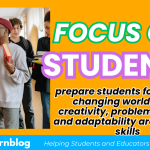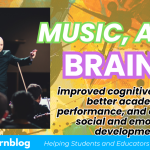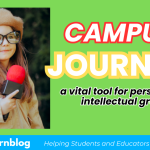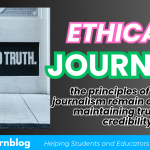Many students say that having peace while studying is like sitting above the clouds and feels like heaven. It can also improve our mental, social, physical, emotional, and spiritual health because of the learning place that we have.
A study area is an area where learners or students could focus their minds only on learning. This also helps them to improve their own focus because of the reduced distractions and greatly helps students to concentrate better. Researchers said that when a person is studying in a specific space, it can enhance your own creativity and productivity because of an organized area that helps to improve your workflow.
An area to study helps you to have a consistent routine that greatly encourages to have a regular routine which is an advantage to reinforce everyone to have it as a habit. A more comfortable area could also help to reduce stress and to have a more relaxed mindset. With the help of a study area, you can also have a more organized arrangement of your materials that you can keep all in one place.

It could also engage our brain to choose more time to study because of its tidiness and reducing the temptation to spend more time on gadgets, doing unhealthy habits and procrastinations. Complications in a study area can stem from various environmental factors that impact research outcomes. Changes in weather conditions, natural disasters, or pollution can significantly affect data collection and the overall validity of results.

For instance, studies conducted in areas prone to flooding may face interruptions, while environmental contamination can alter the behavior of subjects or the integrity of samples. Researchers must be prepared to adapt their methodologies and timelines in response to these external challenges to maintain the reliability of their findings.
Resource limitations present another major complication in research. Insufficient funding can restrict access to necessary equipment, materials, or personnel, hindering the scope and depth of the study. For example, a lack of advanced technology might prevent researchers from collecting high-quality data or conducting comprehensive analyses. Additionally, budget constraints can limit the ability to recruit a diverse participant pool, which is essential for producing generalizable results.
Researchers must strategically allocate their resources and seek alternative funding sources to mitigate these issues. Ethical concerns are critical complications, particularly in studies involving human or animal subjects. Researchers must navigate complex ethical guidelines related to consent, privacy, and the welfare of participants. Failing to adhere to ethical standards can result in reputational damage, legal repercussions, or invalidated research findings.
It’s crucial for researchers to establish clear protocols and maintain transparent communication with all stakeholders to ensure that ethical considerations are prioritized throughout the research process.

Methodological challenges can also complicate the quality of studying. Flaws in research design, such as inadequate sampling methods or biased data collection techniques, can lead to unreliable results. Additionally, interdisciplinary studies may face barriers due to differences in terminology and approaches among fields. Addressing these methodological issues requires a thorough understanding of best practices and often involves iterative revisions to the research design. By fostering collaboration and open dialogue among researchers from various disciplines, the potential for misunderstanding can be minimized, ultimately enhancing the quality of the study.
In general, a study area reveals crucial insights that shape our understanding, knowledge and approach. The findings highlight the importance of having it just like a library inside our home that brings us knowledge and resources. This reminds us that ongoing inquiry and exploration in this study area are vital for progress and innovation. As Albert Einstein once said, The important thing is not to stop questioning. Curiosity has its own reason for existence.”

About the Author
Cahrl Jayson Reyes is a 7-year feature writer who has passion to inspire co-journalists. Currently a feature writer and a publisher of a school publication. [Among Charl’s accolades as of writing is him becoming a Regional Schools Press Conference (RSPC) Qualifier in ScieTech Writing, and Division Schools Press Conference (DSPC) qualifier in Feature Writing.]











